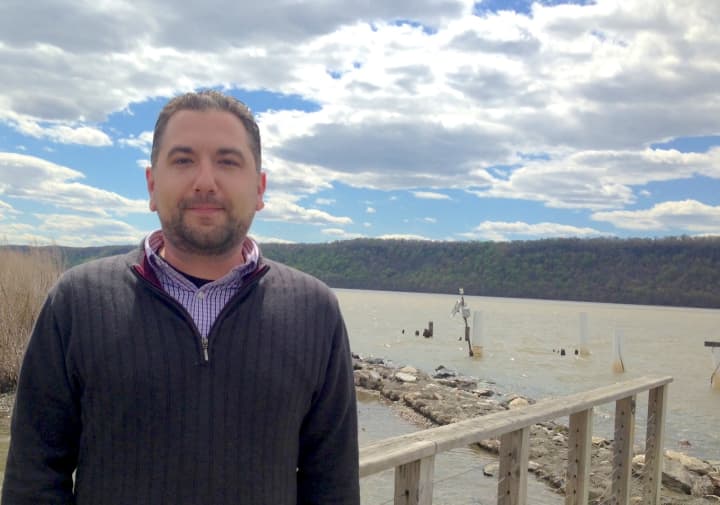The report predicts bigger droughts, flooded rail lines and increasing wildfires amongst other consequences, occurring much sooner than anyone initially expected.
"Climate change, once considered an issue for a distant future, has moved firmly into the present," the National Climate Assessment reads.
While people in Yonkers are already feeling the effects of climate change along with the rest of the nation -- rising temperatures, bigger storms and increased flooding -- few places are feeling it quite like the Hudson River waterfront region, which carries its own host of intricate problems.
The Sarah Lawrence College Center for the Urban River at Beczak, formerly known as the Beczak Environmental Education Center, located right on the waterfront, sees some of these issues firsthand in its studies of the river.
The center is scheduled to begin its own research programs in coming months after Sarah Lawrence College and the Hudson River Valley Environmental Education Institute announced an alliance last year that would establish The Sarah Lawrence College Center for the Urban River at the center.
Ryan Palmer, director of the center, said when he thinks of climate change in Yonkers, two main issues come to mind: storm events and combined sewage overflow.
"During Hurricane Sandy, the water came all the way up to the center. And it doesn't just affect us, there's hotels and residences and restaurants in the area as well," he said. "Everything is on the waterfront. When sea level rises, we start getting worse storms, and it doesn't just hurt the environment, it hurts the economy."
Palmer said one of his concerns is that, if flooding does continue to rise, the city may seek to fortify the shoreline, which would disrupt some of the valuable ecosystems -- including that of the center's man-made marshlands.
According to Palmer, combined sewer mainlines also cause issues for the river because when there is heavy rainfall, the rain will mix with untreated sewage and be diverted into the river via pipes.
"It means less for the ecosystem than it does for us and human health. Untreated sewage carries stuff like E. coli, and you have people coming out into the river all the time to boat and swim," he said. "Climate change really does make precipitation worse and more intense."
Palmer said some of the upcoming research will be focused either directly or indirectly on climate change and its effects on the Hudson River.
"We're hoping to contribute more to the scientific community as a whole with these programs," he said.
The Sarah Lawrence College Center for the Urban River at Beczak is at 35 Alexander St. and is free and open to the public,
@suzannesamin
ssamin@dailyvoice.com
Click here to follow Daily Voice Yonkers and receive free news updates.


